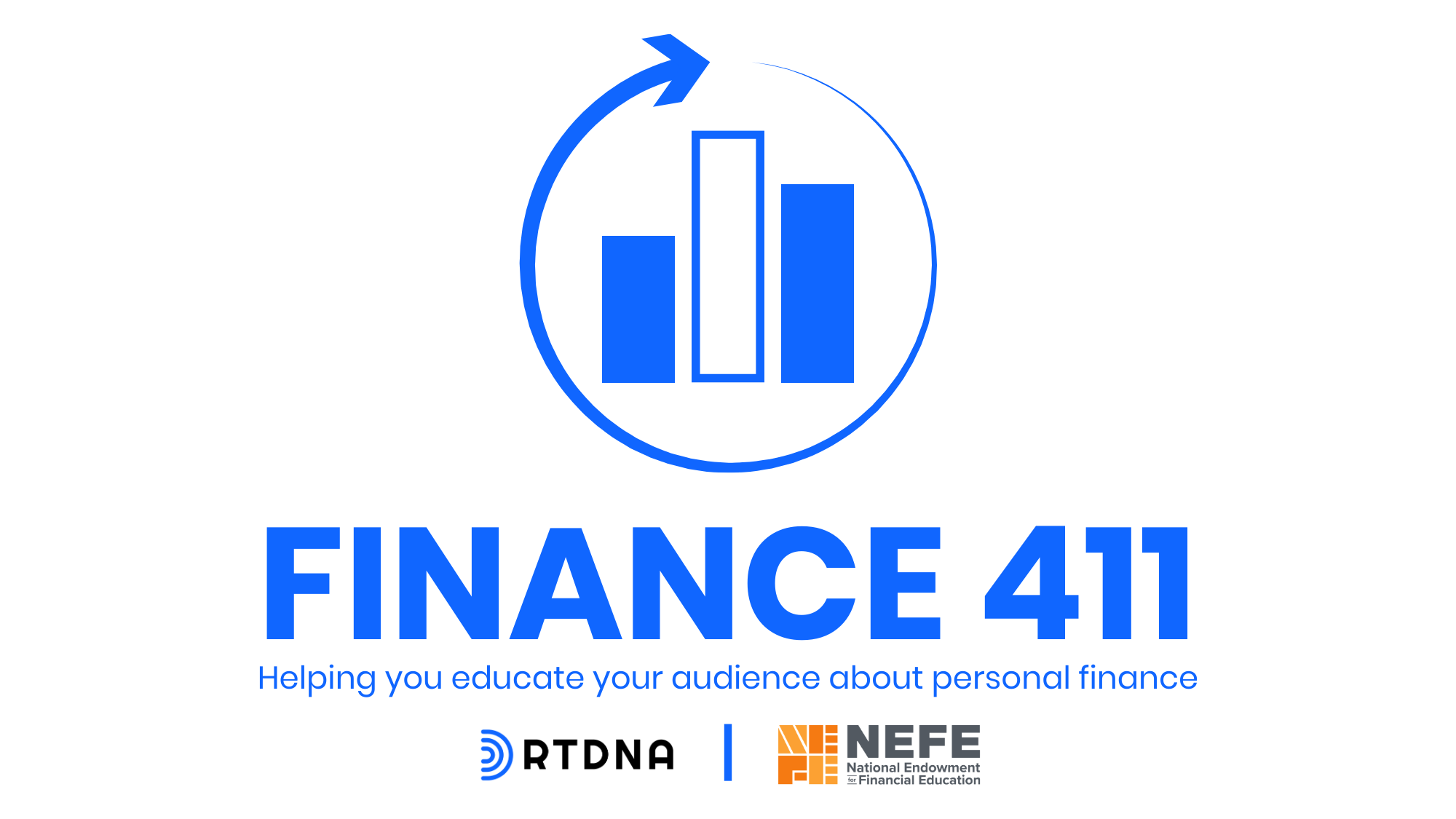Finance 411: Buy Now, Pay Later Services — Opportunities and Pitfalls

By Dori Zinn
While buy now, pay later apps and services are new to consumers, borrowing money has been around for ages. BNPL services make it easier to buy the things you want — and sometimes need — right away.
But these services have both good and bad outcomes. For one, the Consumer Financial Protection Bureau reports that folks who use BNPL services are more likely to experience financial distress, whether that’s through using these services or others, like credit cards or loans.
Sharing the good
It’s important to share the good things about BNPL services. Probably its biggest win is that you can use it if you are credit invisible, or those who don’t have any credit history. The CFPB reported in 2016 that roughly 26 million Americans are credit invisible. Additionally, NPR reports it is more prominent among Black, Hispanic and foreign-born residents.
Since so many of us rely on credit, it’s difficult for numerous individuals to obtain or use credit. Then you'd make monthly payments on that loan until it’s paid in full.
With some BNPL services, you can pay for services you need over time. For instance, BNPL company Sunbit gives you access to dental, eye and vet care along with car repair services. There’s no hard credit check and the vast majority of folks are approved. APR ranges are more like personal loans — 0% to 35.99% — but terms are much longer compared to payday loans. Sunbit terms range from three to 72 months, while payday loans require payment by your next payday — ranging from two to four weeks — or you’ll face exorbitant fees.
By paying over time, these loans help bridge the gap to essential services for many, removing the fear of not having enough money to pay for those needs.
And also the bad
The lack of financial literacy is a major problem among Americans. Borrowing money is the basis of credit, and if you don’t have any credit history at all — or very little — it’s difficult to find ways to borrow. Whether folks are looking for a credit card, mortgage or auto loan, they need to have credit to get credit.
While BNPL services give underserved communities access to borrowing and credit, it also comes at a cost. The CFPB says Black, Hispanic and female consumers are more likely to use buy now, pay later services — and more so, those earning $50,000 a year or less. Most folks who use BNPL services — 95% — also have an open credit card in another account. They also are twice as likely to have delinquent accounts compared to those who don’t use BNPL apps.
While buy now, pay later services provide necessary accessibility to those who would otherwise not have it, using these services doesn’t make folks more educated about their finances and how to responsibly use credit.
Those who use BNPL services tend to have lower credit scores, which means they’ll have a harder time qualifying for borrowing. And if they do end up qualifying, they’ll end up paying higher interest and potentially more (or higher) fees than those with good or excellent credit.
While these services can be beneficial, it can come at a cost if not used the right way.
Journalists can help with this issue. By informing the public about the pitfalls of BNPL services, journalists can make their audiences better aware of the risks involved before taking on this kind of debt. They also can help hold the industry accountable by exposing particularly predatory practices targeted at a vulnerable group of people.
Additional resources:
CFPB Publishes New Findings on Financial Profiles of Buy Now, Pay Later Borrowers
Wall Street Journal’s Tech News Briefing: Behind the Buy Now, Pay Later Boom
Dori Zinn is a personal finance journalist with work featured in the New York Times, Wall Street Journal, Yahoo, CNN, and more. She’s also the President of Blossomers Media, a web development and online media company. She can be reached at dzinn@blossomers.com. Finance 411 is a bi-monthly feature, presented by RTDNA and the National Endowment for Financial Education. Interested in becoming a contributor? Email info@rtdna.org for more information.
